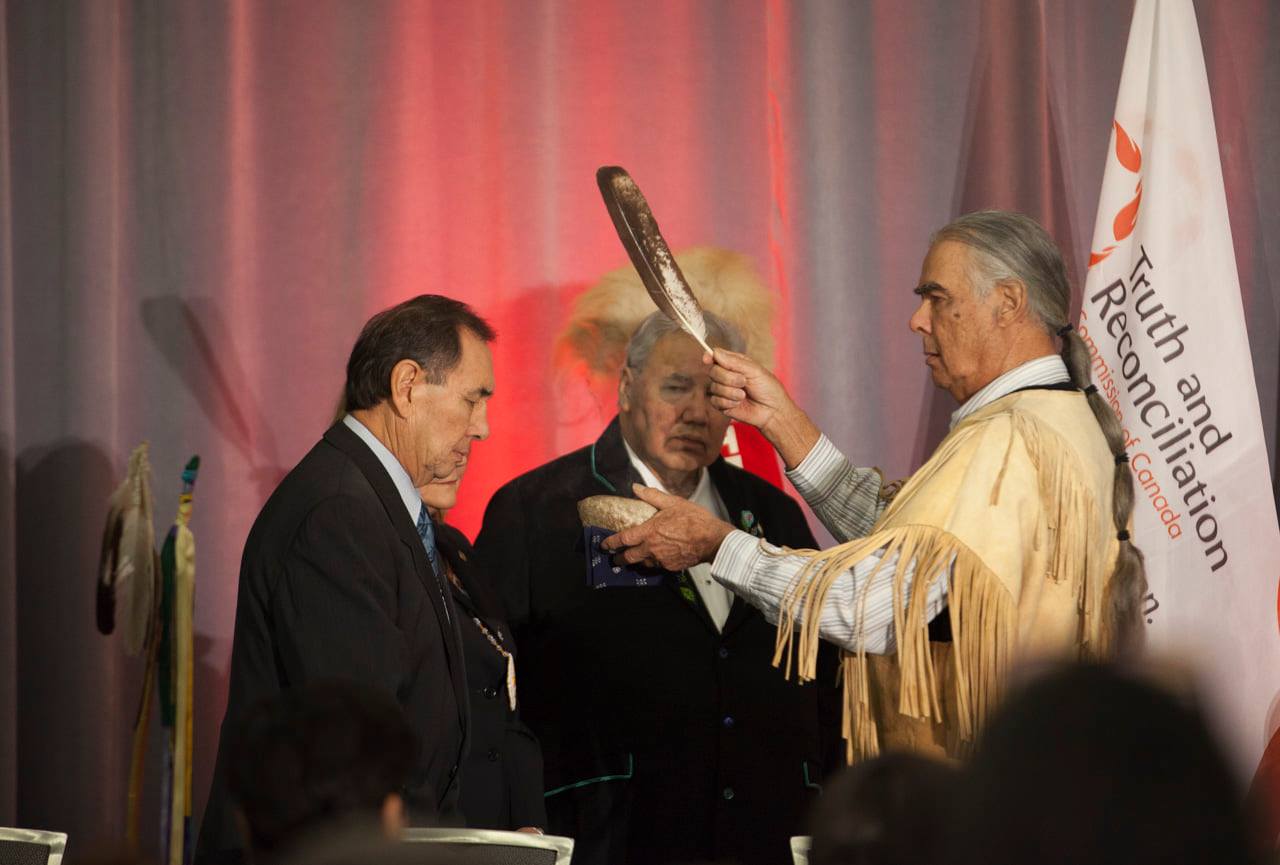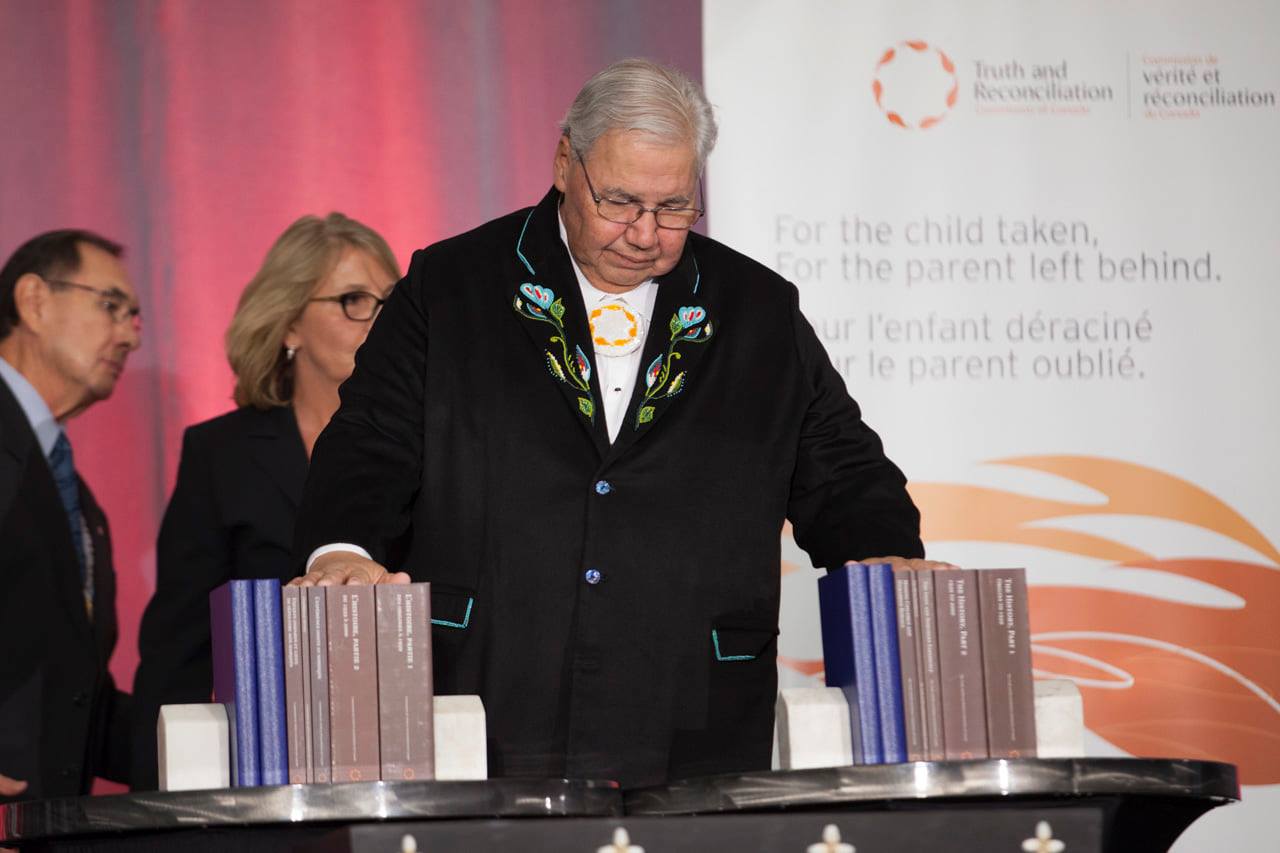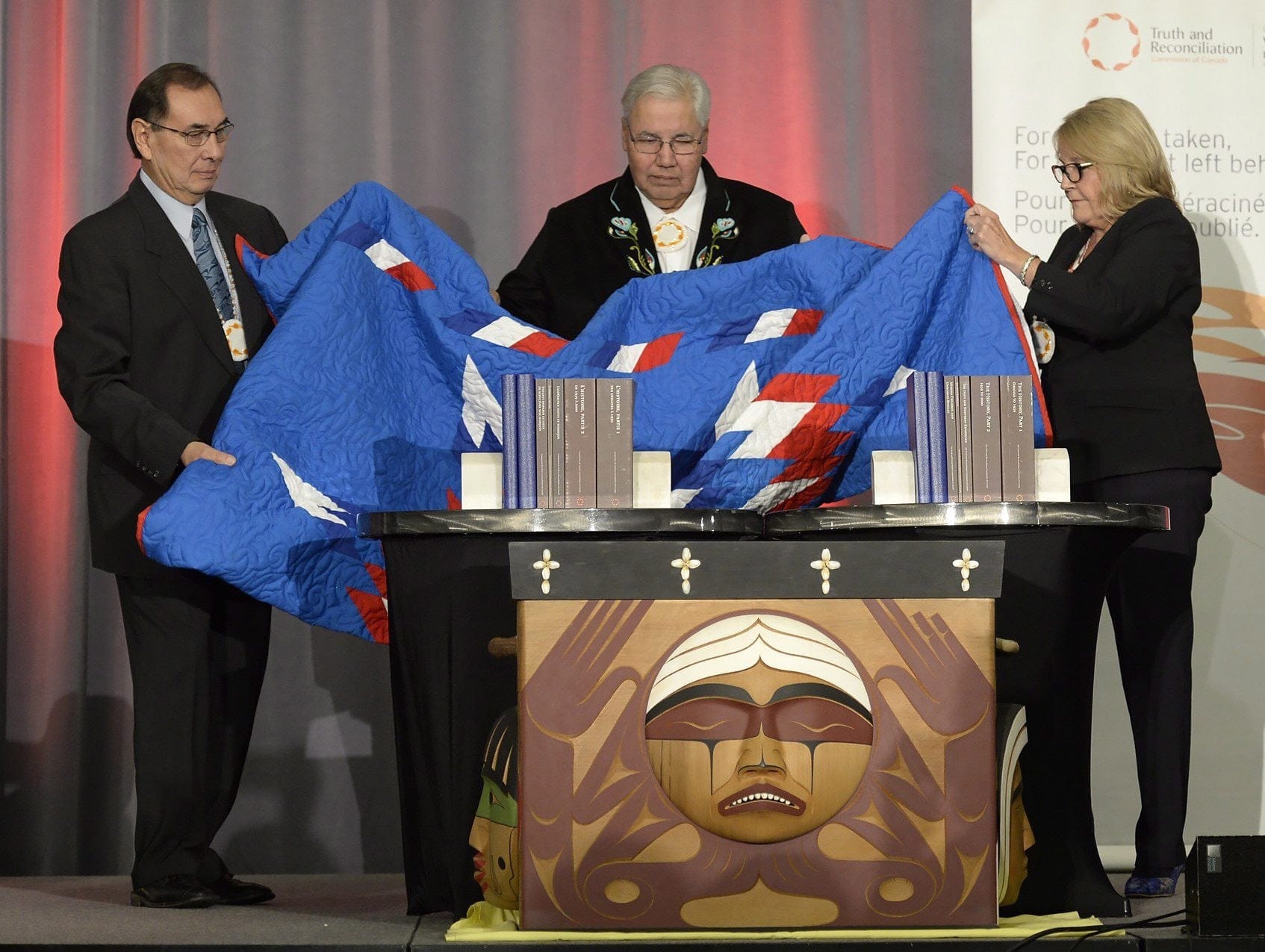
The Truth and Reconciliation Commission of Canada (TRC) was created through a legal settlement between Residential Schools Survivors, the Assembly of First Nations, Inuit representatives and the parties responsible for creation and operation of the schools: the federal government and the church bodies.
The TRC’s mandate was to inform all Canadians about what happened in residential schools. The TRC documented the truth of Survivors, their families, communities and anyone personally affected by the residential school experience. This included First Nations, Inuit and Métis former residential school students, their families, communities, the churches, former school employees, government officials and other Canadians.
The TRC concluded its mandate in 2015 and transferred its records to the safekeeping of National Centre for Truth and Reconciliation (NCTR).



The TRC carried out extensive research, including hearing from Residential Survivors, their families, members of their communities, former staff of residential schools and others.
The TRC also hosted national events in different regions across Canada to promote awareness and public education about the residential school system and its impacts. The NCTR was also established as part of the TRC mandate as a permanent resource for all Canadians.
In addition, the TRC supported community events designed by individual communities to meet their unique needs. The TRC was also advised by a 10-member Indian Residential Schools Survivor Committee, made up of residential school Survivors from across Canada.
The TRC supported a Commemoration Initiative that provided funding for activities that honour and pay tribute in a permanent and lasting manner to former residential school students.
The TRC prepared a comprehensive report on the policies and operations of the schools and their lasting impacts. The final report included Ten Principles for Reconciliation and 94 Calls to Action that speak to all sectors of Canadian society.
Through the TRC, the NCTR was also established as a permanent resource for all Canadians.
Throughout its five-year mandate, the TRC appreciated the patience and understanding of Canadians, particularly Survivors. They recognized that many Survivors were elderly and that they needed to move forward as quickly as possible to receive statements from anyone affected by the legacy of residential schools.
The TRC included ways of sharing that ensured people could describe their experience in a safe, respectful and culturally appropriate manner. For example, some people shared their experience through one-on-one interviews, some via written statements and others at public forums.
The NCTR is now the safe and secure space for the stories collected by the TRC and other Indigenous histories and materials for communities. We continue to invite Survivors, their families, and others whose lives have been impacted by residential schools to share your truths and experiences in any form you wish.
Sign Up for Our Newsletter
Stay informed about NCTR news, events and initiatives.
Bezhig miigwan calls upon us to see each Survivor coming to the NCTR as a single eagle feather and to show those Survivors the same respect and attention an eagle feather deserves. It also teaches we are all in this together — we are all one, connected, and it is vital to work together to achieve reconciliation.
NCTR is located on the original lands of Anishinaabeg, Cree, Oji-Cree, Dakota, and Dene peoples, and on the homeland of the Métis Nation.
The National Centre for Truth and Reconciliation sits in the heart of Turtle Island and as a national organization we strive to represent and serve all of Turtle Island’s people.

Hours: 8.30AM–4.30PM, Monday – Friday
Chancellor’s Hall, 177 Dysart Road,
University of Manitoba, Winnipeg


© 2024 National Centre for Truth and Reconciliation